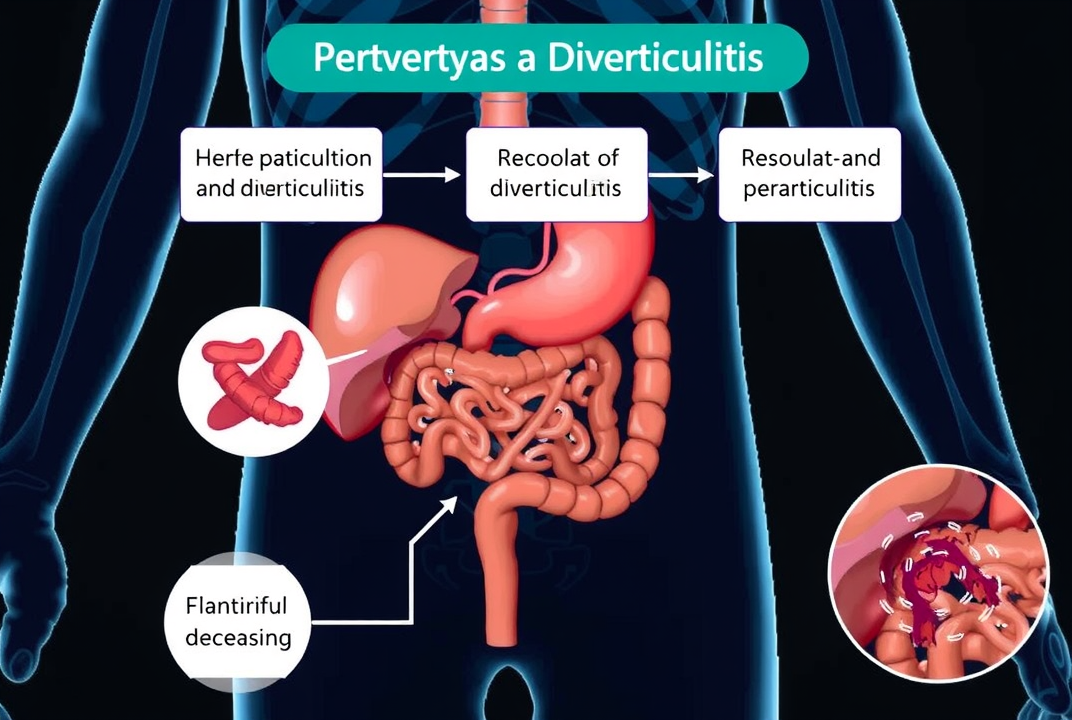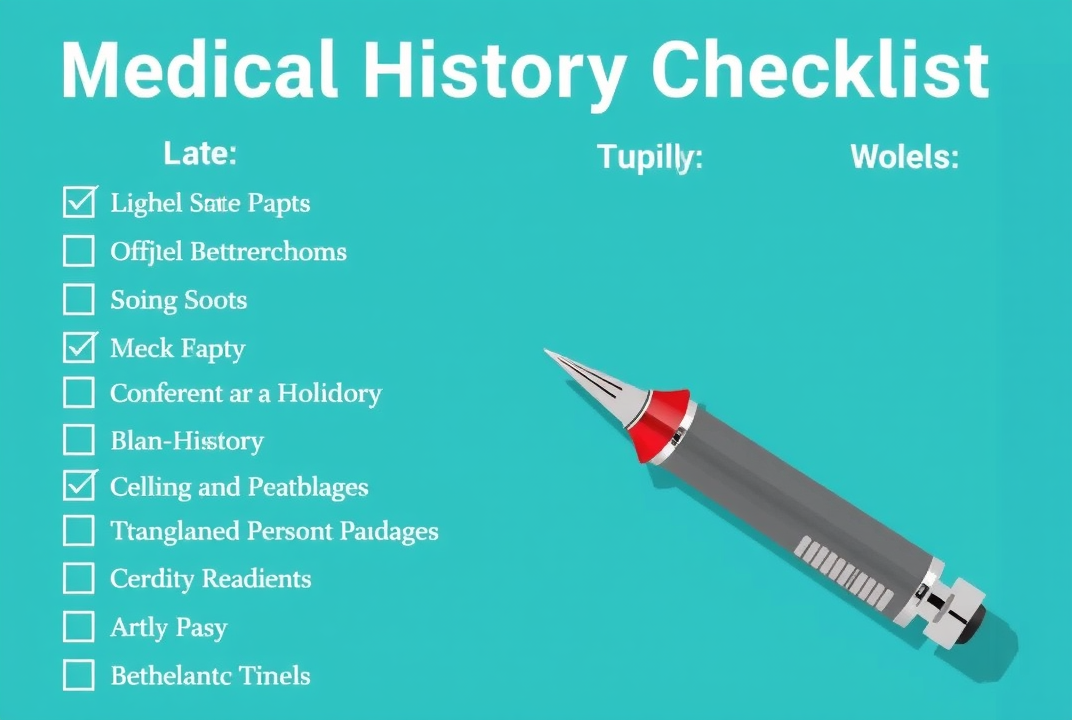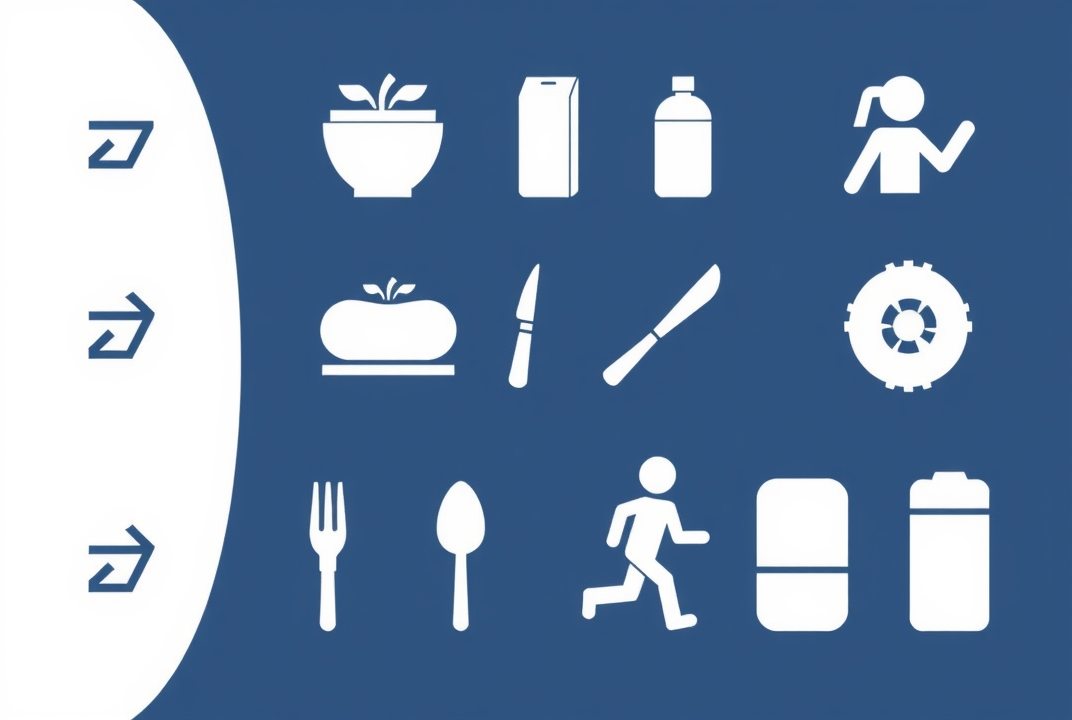Effective Questions for Your Diverticulitis Appointment

Introduction
Navigating a medical appointment can often be overwhelming. Did you know approximately 200,000 people are hospitalized for diverticulitis each year in the U.S. alone? As common as this condition is, discussions with your healthcare provider about diverticulitis are fundamental to managing your health effectively.
In this article, you will find practical advice on preparing for a doctor's appointment focused on diverticulitis. You'll learn what to ask, how to prioritize your concerns, and the key topics to cover to make the most of your consultation.
Understanding Diverticulitis
What is Diverticulitis?
Diverticulitis is an inflammation or infection of small pouches called diverticula that form along the walls of your digestive tract. While its exact cause isn't known, it is linked to a low-fiber diet and other potential contributing factors.
Symptoms and Diagnosis
Common symptoms include abdominal pain, fever, and changes in bowel habits. Diagnosis typically involves a physical exam, blood tests, and imaging tests such as a CT scan.

Preparing for Your Appointment
Prioritize Your Symptoms
Make a list of symptoms you've noticed. Note their frequency, severity, and any triggers. This helps your doctor understand your condition and the impact on your daily life.
Gather Your Medical History
Compile your medical history, including past illnesses, medications, and family history of diverticular diseases. This background helps your physician tailor their advice to your unique situation.

Key Questions to Ask
1. What might be contributing to my diverticulitis?
Understanding possible triggers can guide lifestyle and dietary changes to reduce flare-ups.
2. What are my treatment options?
Inquire about both medical treatments and lifestyle recommendations. Antibiotics are often prescribed, but your doctor might also suggest fiber supplements or probiotics.
3. How can I manage symptoms in daily life?
Request specific strategies to handle pain and prevent exacerbations. This may involve diet modifications or stress management techniques.
4. Are there potential complications I should be concerned about?
Knowing the risks helps you remain vigilant in monitoring your health.
5. What signs indicate that I should seek immediate medical attention?
Discuss symptoms that should not be ignored, to act early and prevent serious complications.
6. How often should I schedule check-ups?
Regular follow-ups are crucial for monitoring your condition over time. Agree on a schedule that suits your health needs.

Follow-Up and Lifestyle Adjustments
Diet and Nutrition
High-fiber foods can help prevent future diverticulitis attacks. Ask your doctor for a referral to a nutritionist if needed.
Exercise and Stress Management
Regular physical activity and stress management are beneficial. Consider yoga or meditation as part of your wellness plan.
Medication Adherence
Ensure you understand how and when to take prescribed medications and their potential side effects.

Conclusion
Preparing for your doctor's appointment with targeted questions not only helps in understanding your health better but also empowers you to take charge of your treatment plan. Be proactive in your discussions and follow your doctor's advice for effective management of diverticulitis.
Ready for your appointment? Write down these questions, and bring them along to ensure a productive consultation.